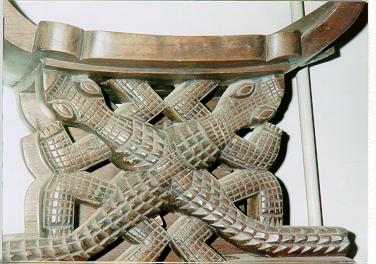Conflict Management and Resolution
Conflict has been the most severe form of social canker that engulfed many nations including Ghana. This social phenomenon has been continually gaining grounds in every aspect of our social lives which made people to conclude that conflict is an inevitable social phenomenon. Ghana has been seen as a regional and continental beacon of democracy, peace and stability in African sub-region, yet societies in the northern and other parts of Ghana are divided and polarized along traditional hierarchic and ethno political lines. Few of these conflicts include the 1994-1995 civil war between Konkomba and Nanumba, the 1995 clash between the Konkomba and Dagomba, the Dagbon dispute between the Abudu and Andani in 2002 and the Bawku conflict between the Kusasi and Mamprusi which dates back to 1930s.
Long before the introduction of conflict management and peace studies as an academic discipline, and the advent of modern institutionalized conflict resolution and peace-building mechanisms such as the police and the court, Ghanaians had their own beliefs and practices which regulated the conduct of and fostered peace and development among the people. Notable among these practices include funerals. Interestingly, the advent of these contemporary institutionalized conflict resolution mechanisms reputed as Western or global conflict resolution mechanisms largely have cast doubt on the efficacy of the age-old Ghanaian practices which anchored the people together.
Indigenous peace-building mechanisms by implication are the practices and mechanisms rooted in the culture of the people of Ghana, which long time before the advent of colonialism and its political institutions such as the court, police, military, executive and legislature, ensured peace and security among the people. Indigenous in essence could be used interchangeably with tradition. Tradition is viewed as any cultural values, beliefs and practices which have been preserved and handed over from generation to generation and have persisted to the present. Tradition could be transformed due to forces of social change but will still maintain its cultural significance and dignity. This brings to focus the idea of change and continuity as applied to indigenous peace-building mechanisms. Certain forms of indigenous Ghanaian conflict resolution and peace-building mechanisms have withstood the test of time and are of much relevance in today’s conflict endemic society.

